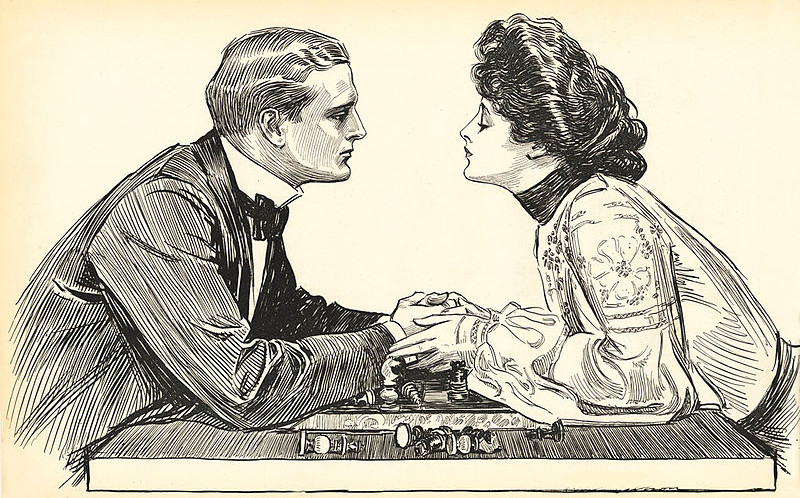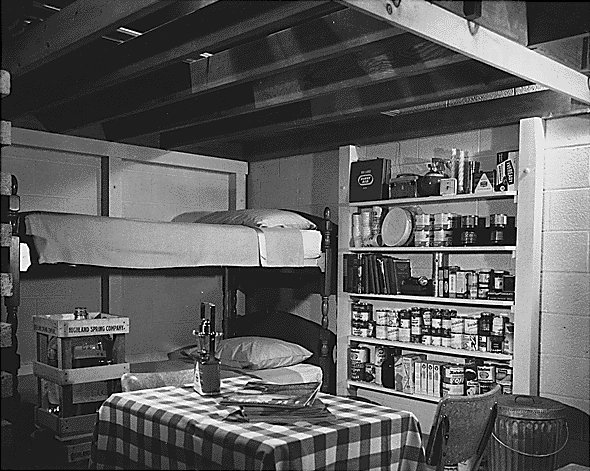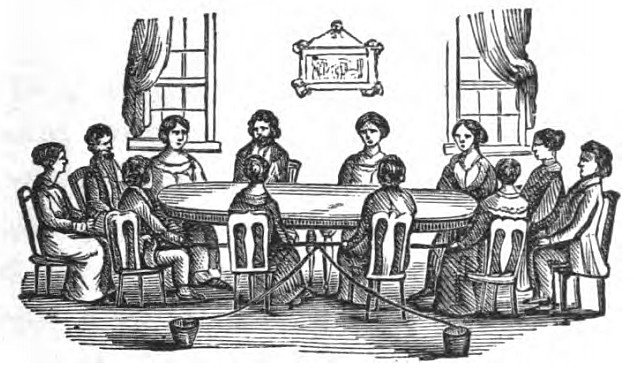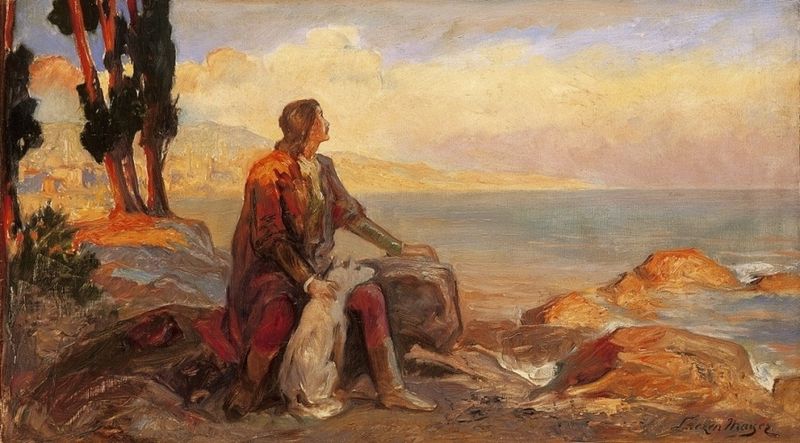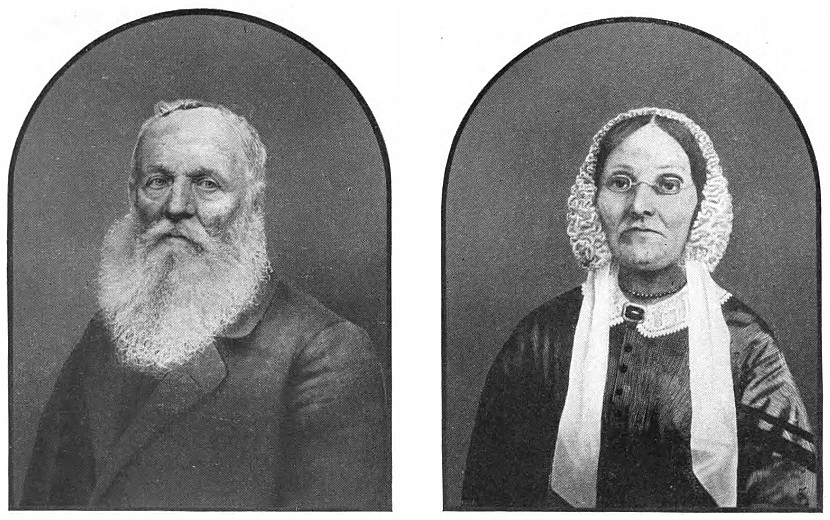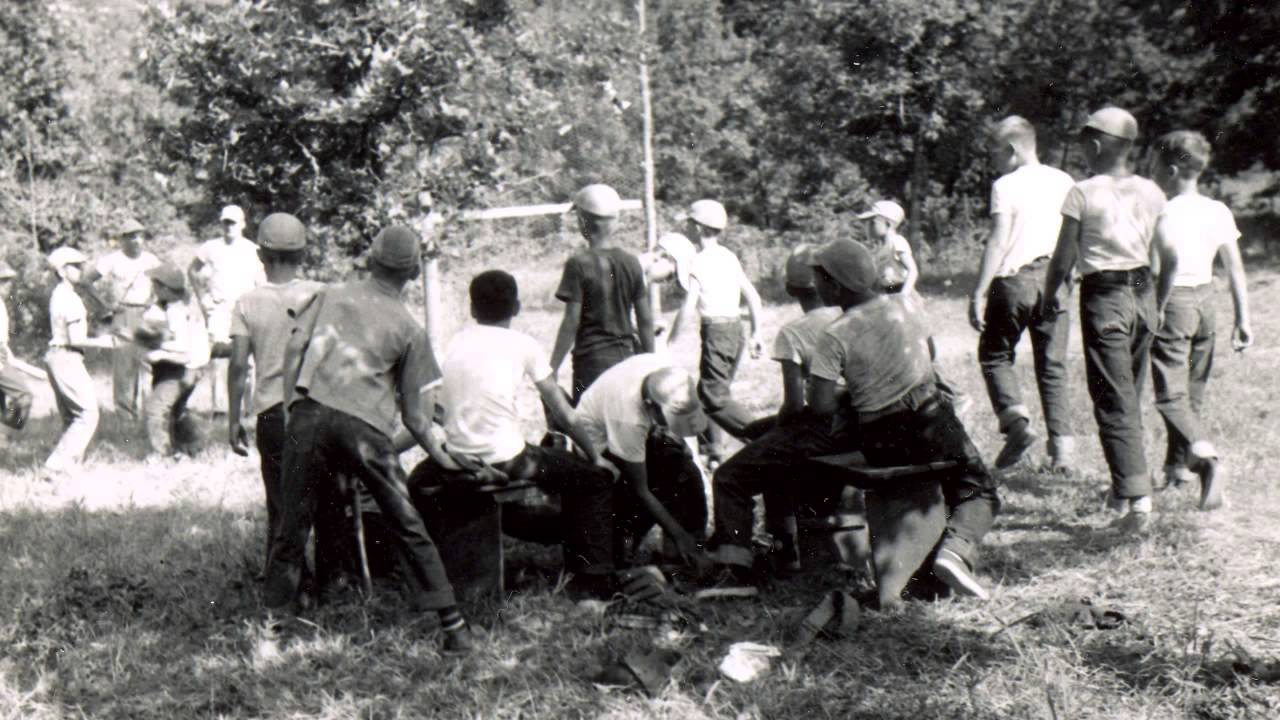Modern pizza toppings are commonly thought to have originated in Italy, but in fact they were developed by Italian immigrants in the United States and then exported back to Italy. Syracuse University anthropologist Agehananda Bharati calls this the “pizza effect” — the elements of a nation’s culture are sometimes developed elsewhere and then reimported. Further examples:
- Mexico City’s Day of the Dead parade was invented for the James Bond film Spectre and then adopted by the city.
- American blues music influenced English musicians in the 1960s, who then exported blues-rock to the United States.
- Adapted from India’s chicken tikka, chicken tikka masala became one of the most popular dishes in Britain before being re-exported to India.
- Yoga became popular in India after its adoption in the West.
- Salsa music originated largely among Cuban and Puerto Rican immigrants to New York in the 1920s and then spread throughout the Americas.
- Teppanyaki, the Japanese style of cooking on an iron griddle, grew to prominence in America in “Japanese steakhouses.”
The pizza example continues to “echo” between the Italian and American cultures: American tourists sought out “authentic” (non-American) pizza in Italy, and the Italians met the demand by creating brick-oven pizzerias. The Americans then carried these back to their own country. Stephen Jenkins of Humboldt State University writes, “Hence, Americans met their own reflection in the other and were delighted.”

